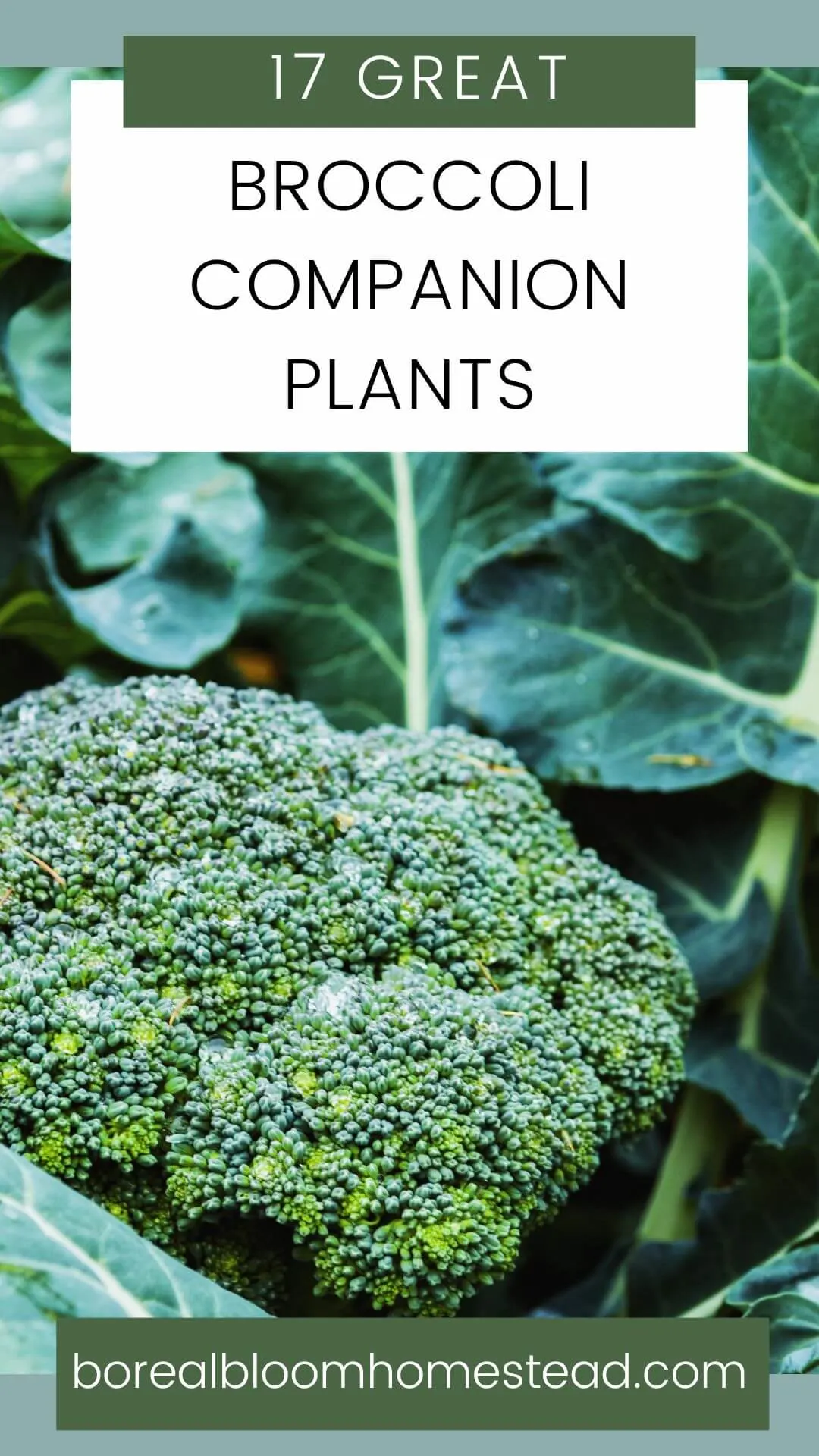Picking proper broccoli companion plants can improve the health and vitality of your garden. Here's a guide on which work with broccoli and which plants won't work at all!
Broccoli is a cruciferous vegetable belonging to the Brassicaceae family, along with cauliflower, brussels sprouts, kale, and cabbage. It is an annual herbaceous plant, with a stem that grows up to 2-3 feet in height. The leaves of the broccoli plant are usually dark green and arranged in a rosette formation. Broccoli has edible buds that resemble little trees, or what my kids call "trees". These buds are typically a dark green color, though some varieties may be purple or even yellowish.
When cooked, the flavor of broccoli is mild and slightly sweet. It can be eaten raw but most think it tastes best when steamed or lightly sautéed.

As an Amazon Associate I earn from qualifying purchases.
Jump to:
What Is Companion Planting?
Companion planting is the gardening practice of growing two or more plant species together in order to benefit one or both. The benefits of companion planting include increased disease control and resistance, improved pest deterrence, improved soil health, increased diversity in a vegetable garden or crop system, improved plant vigor, higher yield, and improved nutrient availability. Companion plantings are often used to attract beneficial insects or predatory insects.
It can be an effective strategy to combine plants that have positive relationships, it’s possible to take advantage of all of the benefits of companion plants to optimize yields from your vegetable crop. Not all companion plants need to be directly interplanted in close proximity to broccoli to offer the same beneficial effects. Many of these plants can be planted along the edge of the garden plot or placed in the garden in containers without diminishing their pest control superpowers.
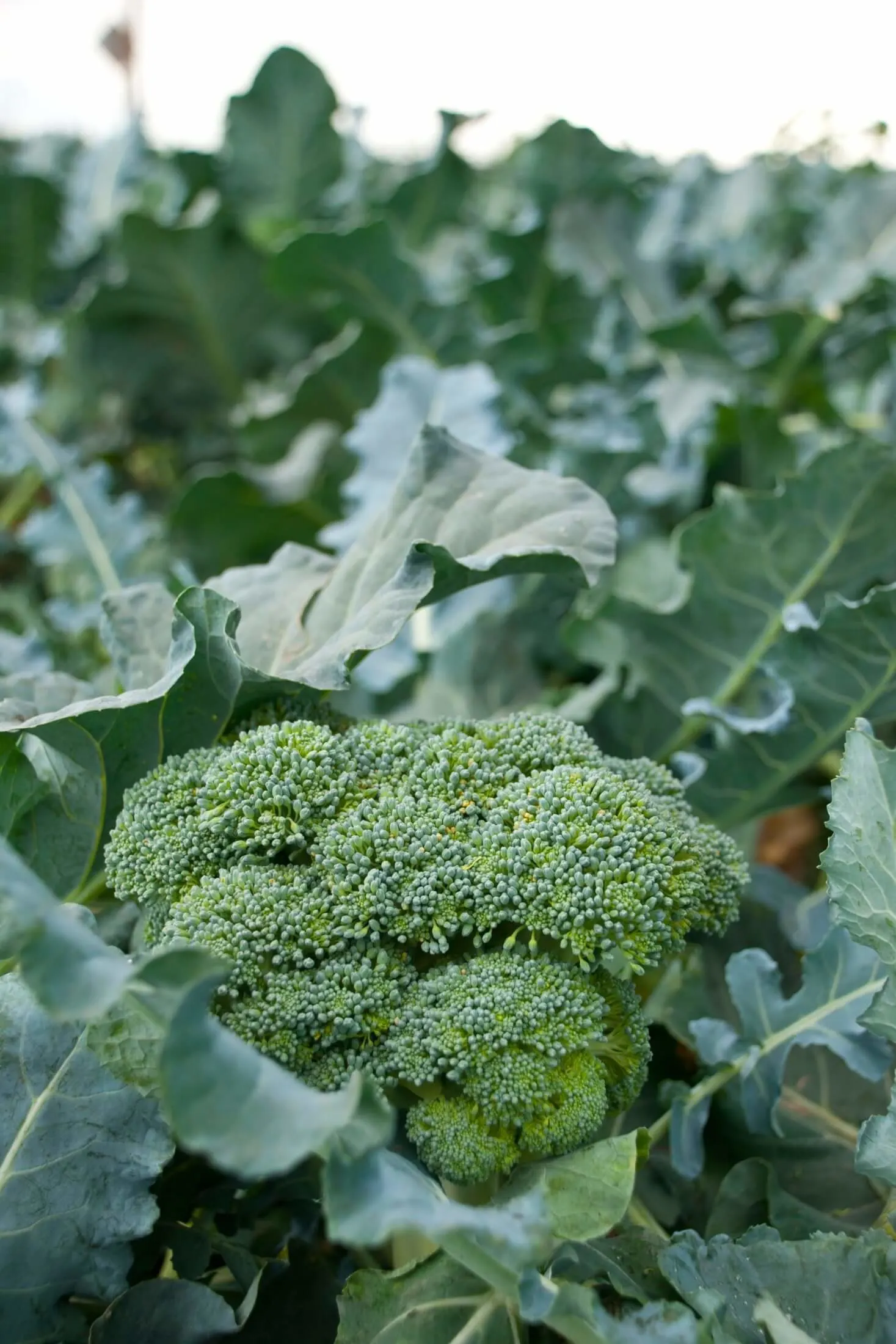
Broccoli Cautions!
As a member of the brassica plant family, broccoli has allelopathic qualities, meaning it produces chemicals that can exude from its leaves and roots to protect itself from pests and diseases. These chemicals can inhibit or reduce the growth of other plants around them, which is known as allelopathy.
This makes companion planting broccoli tricky because while it can have beneficial effects in terms of pest control, it also has the potential to inhibit the growth of other plants nearby. Therefore, it's important to carefully plant broccoli near companions that are resistant enough to tolerate this behavior.
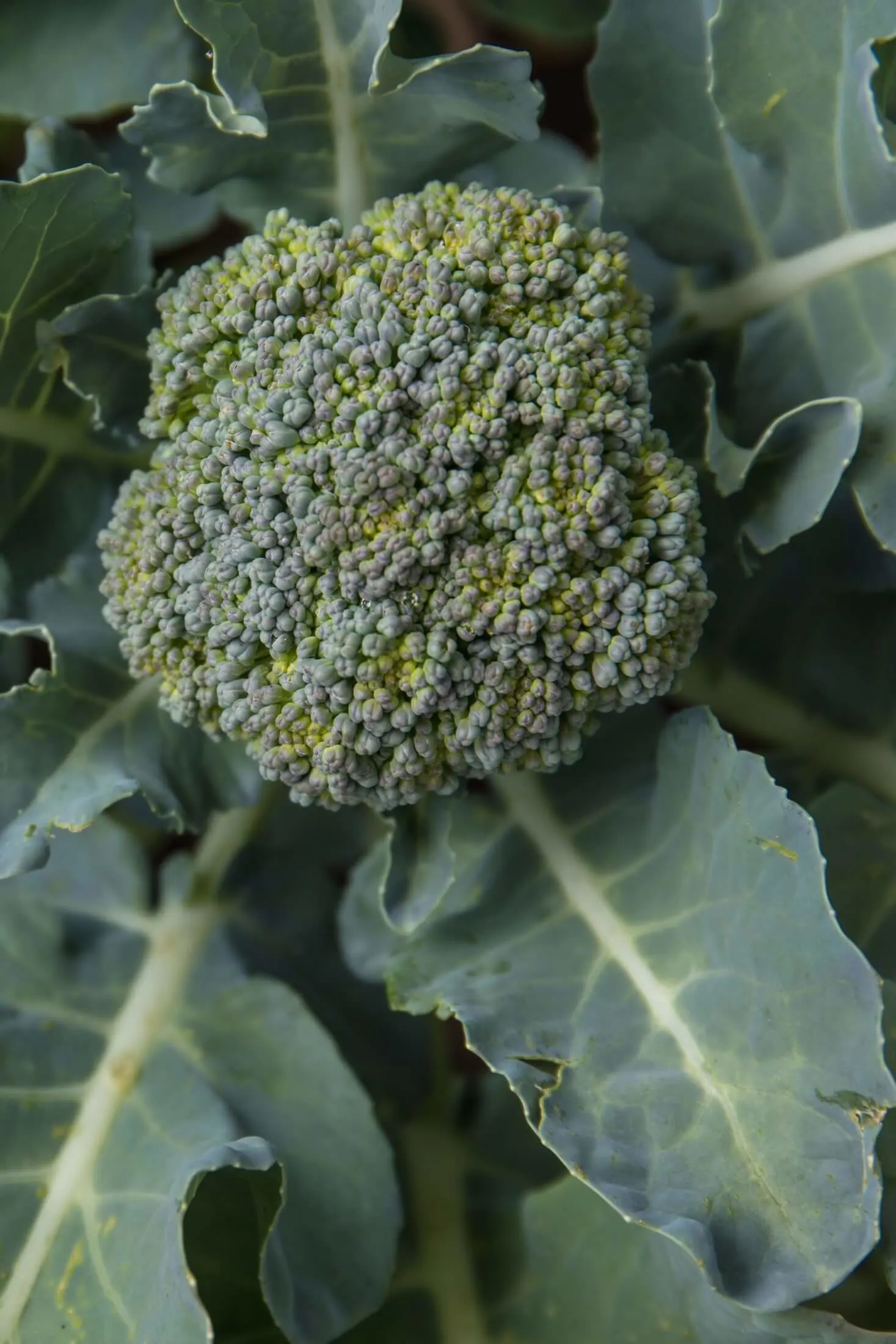
RELATED: Can chickens eat broccoli? Learn more!
Best Broccoli Companion Plants
Alliums:
Alliums like shallots, chives, and onions are tall and slender vegetables that grow well between other odd-shaped vegetables! Their growth habit enables them to be tucked into garden bed spaces where other plants may not thrive.
Some gardeners claim that onions grown together with broccoli can enhance the flavor of the broccoli, as well as deter pests due to the strong aromas.
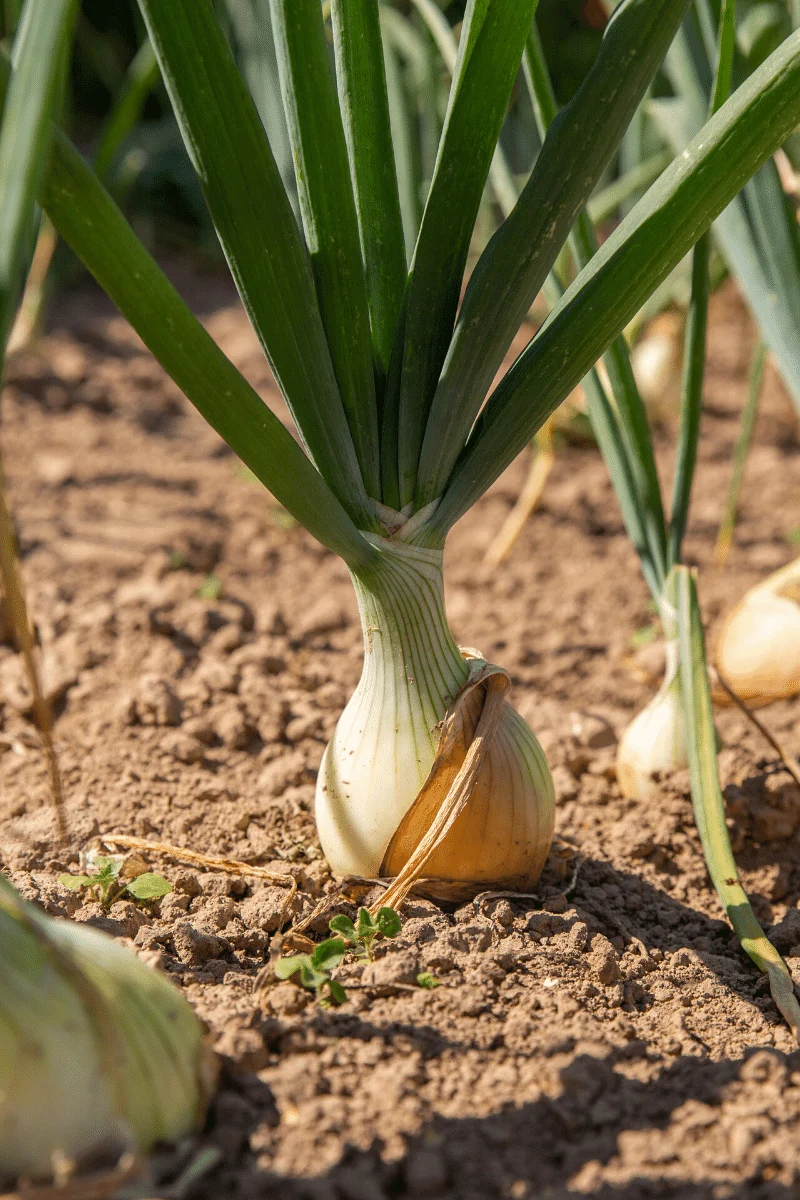
Beets:
Beets make great companions for your broccoli! They don't mind sharing soil nutrients with heavy-feeding broccoli plants and actually add magnesium to the soil.
Both are cool-season crops and appreciate similar growing conditions. Beets actually benefit from a little bit of shade during hot weather which the taller broccoli plants can provide, but be aware, that too much shade can result in undersized beets.
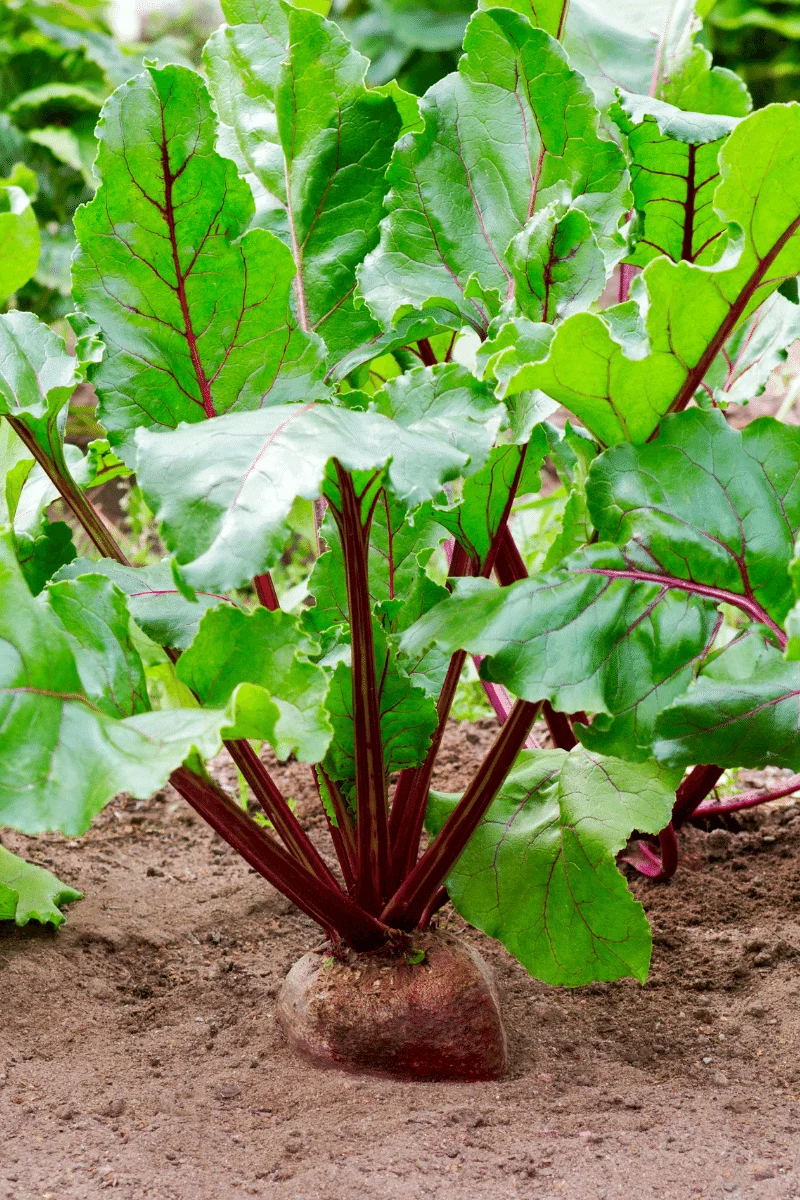
Celery:
Some growers believe that growing celery near your broccoli plants can improve their flavor. Even if they don't, your broccoli crop can provide some much-appreciated partial shade for your celery plants.
Celery also occupies a different growing zone than broccoli, which takes up a lot of space, while celery can be tucked into smaller spaces in the vegetable garden.
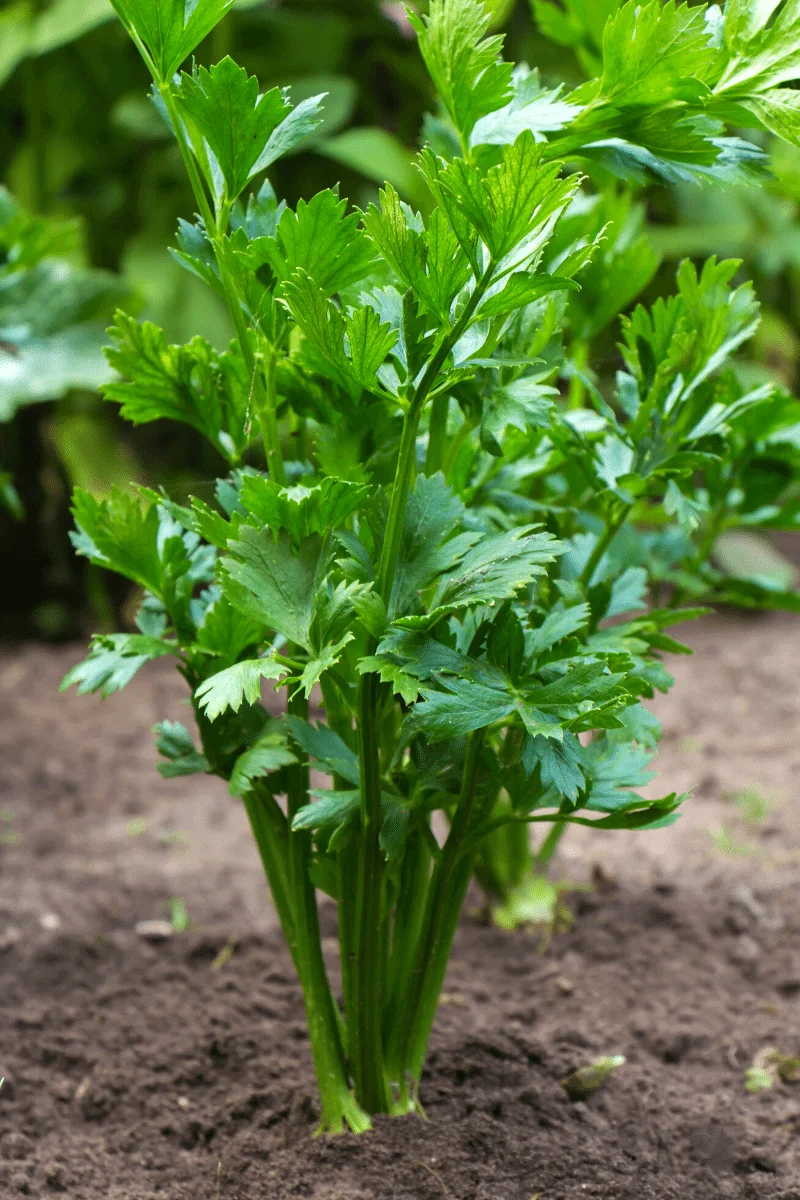
Flowers:
Fragrant flowers are great companion plants to broccoli. Nasturtiums act as a living mulch for heavy-feeding broccoli, protecting soil moisture and keeping temperatures down. Nasturtiums and geraniums repel cabbage worms and won't compete for nutrients with broccoli, and can even act as trap crops for your broccoli.
French marigolds specifically help by providing protection against root nematodes. The strong scent of their bright flowers can help repel insect pests like flea beetles, aphids, and spider mites away from broccoli crowns.
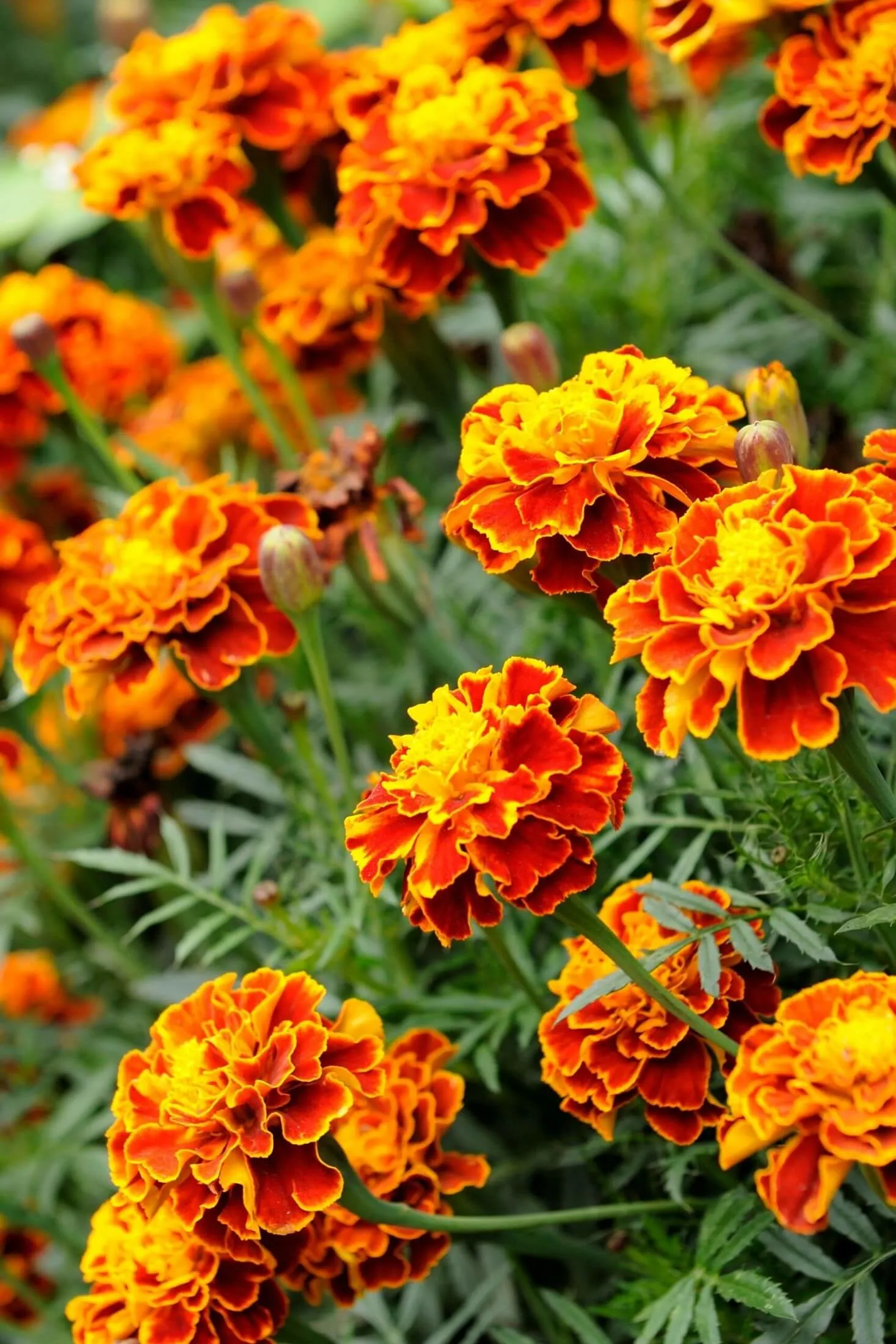
Herbs:
Aromatic herbs make excellent companion plants for your brassicas. Dill, basil, and mint help to deter cabbage flies from laying eggs in broccoli crowns and help to repel aphids and whiteflies. Chamomile is said to improve broccoli's flavor, while rosemary repels cabbage loopers and cabbage moths.
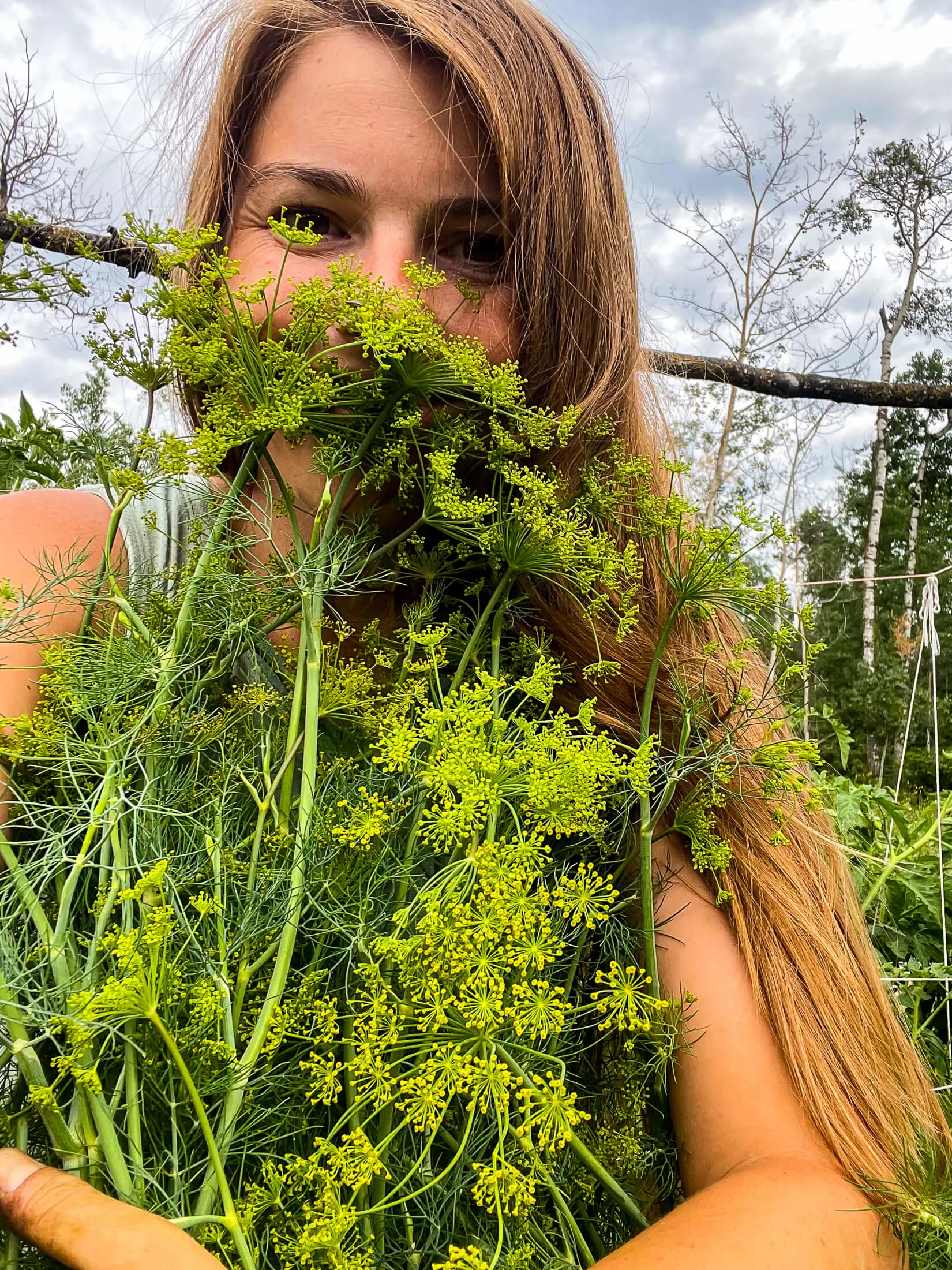
Leafy Greens:
Greens make good companions and this planting is mutually beneficial to both crops.
Cool-season lettuces, spinaches, and other greens appreciate the shade provided by taller broccoli plants and the greens provide a living mulch, retaining soil moisture from evaporation as well as keeping the soil cool which helps prevent the broccoli from bolting.
Both plants occupy a different growing space so this is a space-savvy duo.
There is anecdotal evidence that growing a cover crop at the base of your broccoli plants can discourage cabbage root flies from laying their eggs at the base of your broccoli plant.
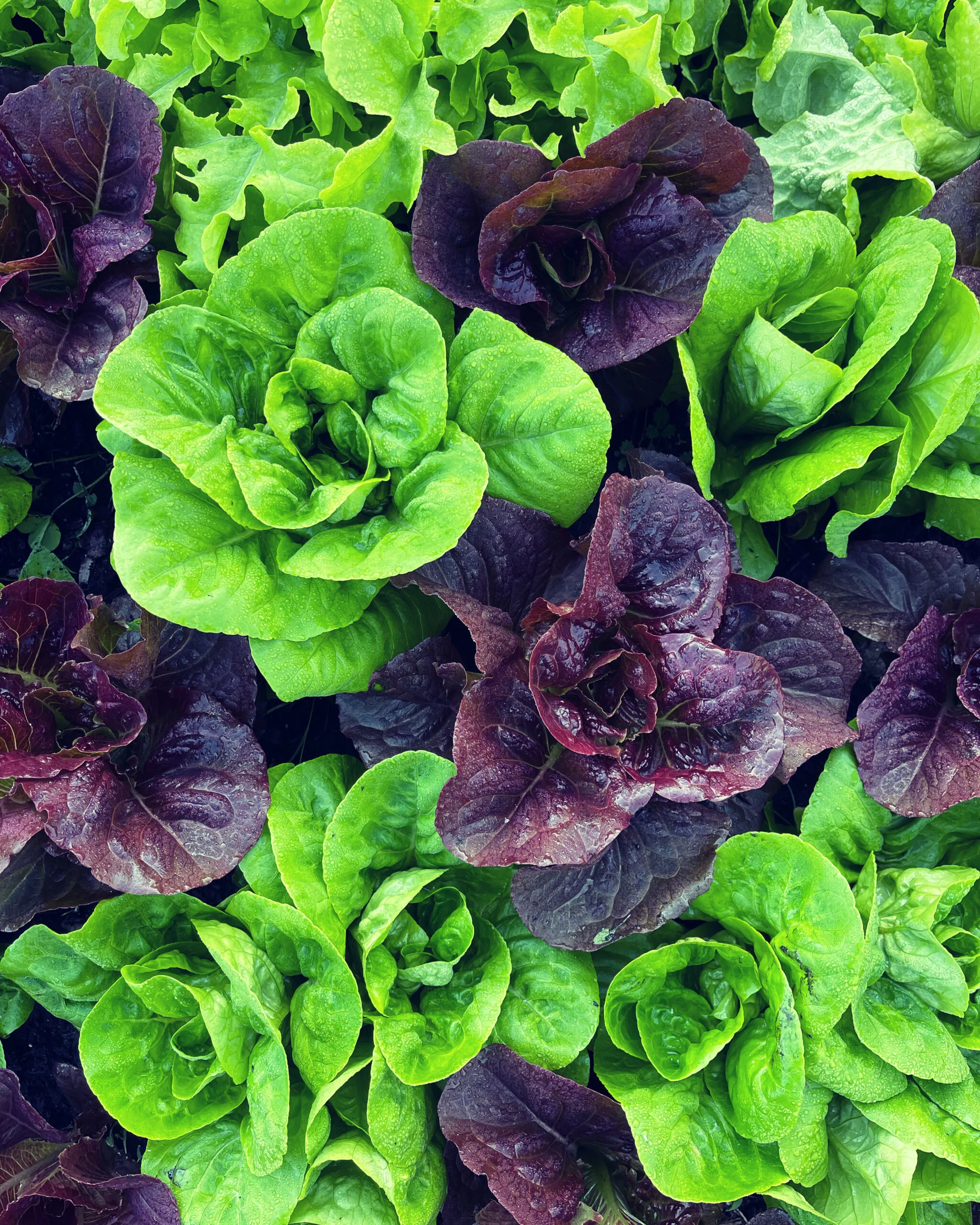
Potatoes:
In most circumstances, it's unfavorable to plant two heavy feeders near each other in the garden, but not in this case. Potatoes and broccoli are actually good companion plants!
Potatoes rely heavily on magnesium and phosphate while broccoli needs calcium and nitrogen, this means both crops have different nutritional needs and are able to grow together peacefully and won't compete for nutrients.
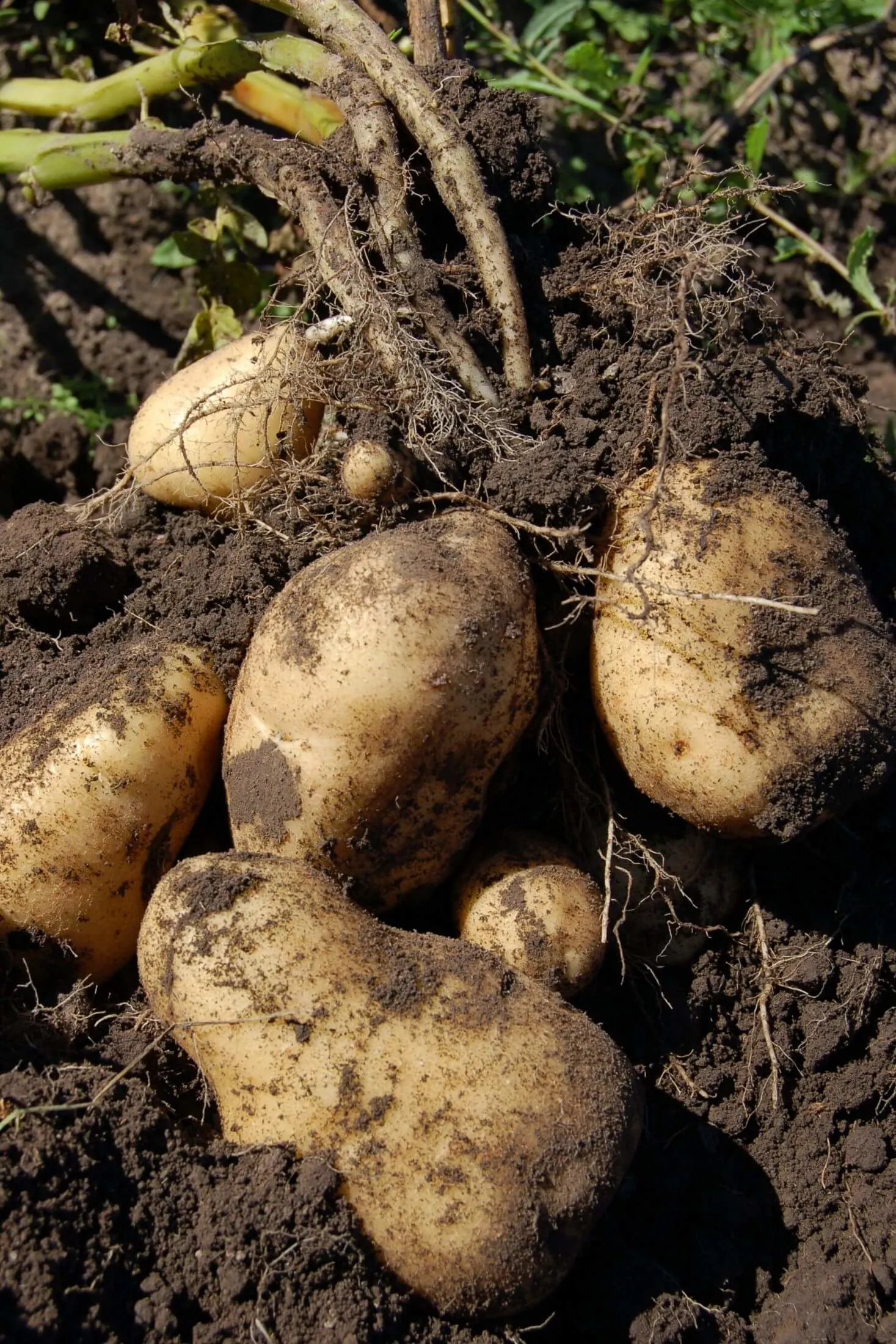
Worst Broccoli Companion Plants
Brassicas:
Growing broccoli near cauliflower, brussels sprouts, and other members of the cabbage family is a recipe for pest disaster! These plants are bad companions because all are susceptible to the same garden pests and planting them together creates an all-you-can-eat buffet for undesirable plant pests like cabbage loopers, cabbage worms, and cabbage moths.
Generally, these heavy-feeding plants will also compete for the same nutrients in the soil, so for more reasons than one, it's best to keep them separate in the garden.
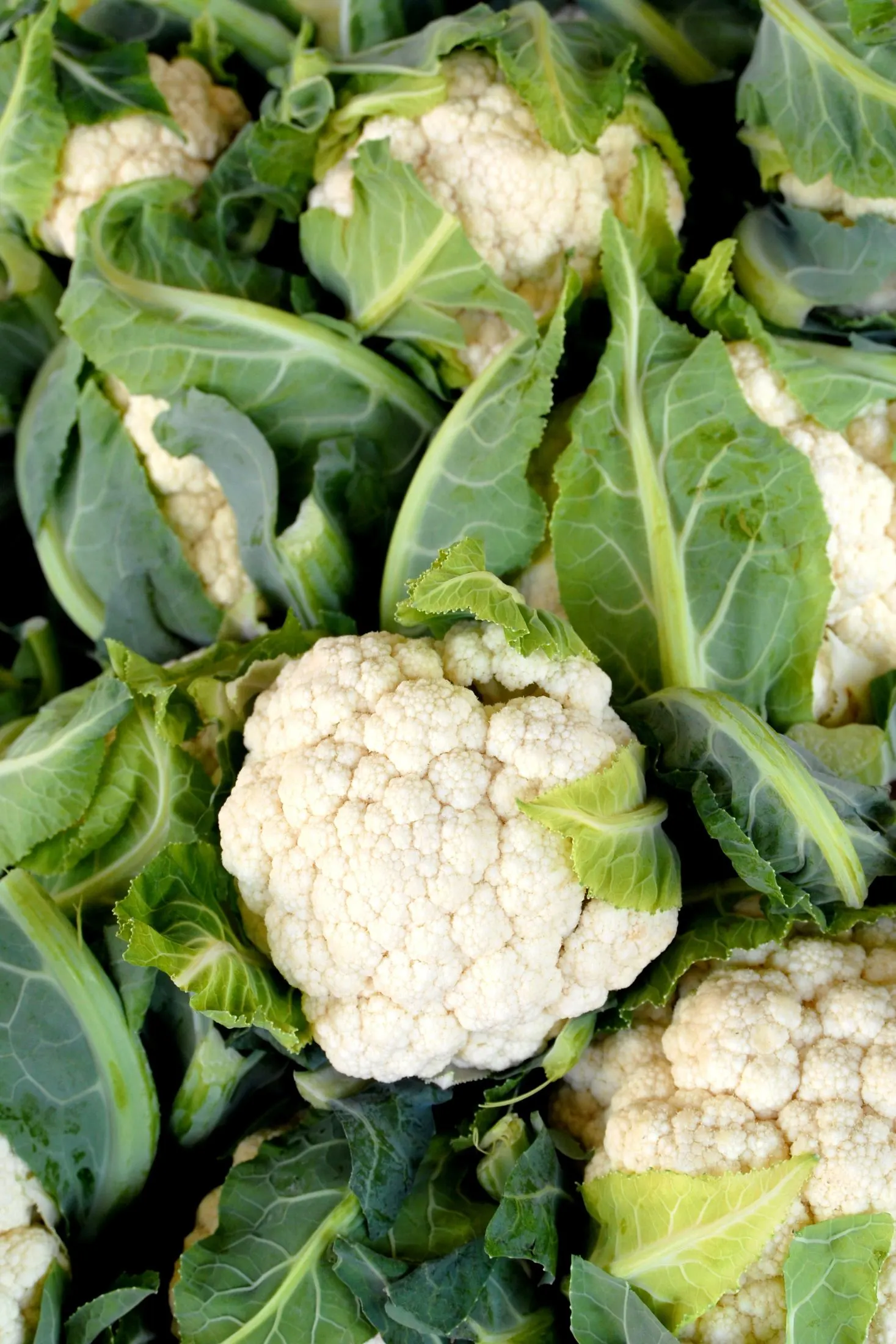
Strawberries:
It's good practice to avoid planting broccoli in your strawberry beds. It is believed that strawberries can inhibit the growth of plants in the brassica family. Strawberries are low-lying ground cover plants that have the tendency to harbor slugs and other pests you'd prefer to keep away from your cruciferous veggies.
Another point to consider is that broccoli is a heavy-feeding annual while your strawberries are perennials. The broccoli will deplete soil nutrients and water at a much faster rate than strawberries, which leads to poor yields for both crops, and damaged roots for your berry plants!
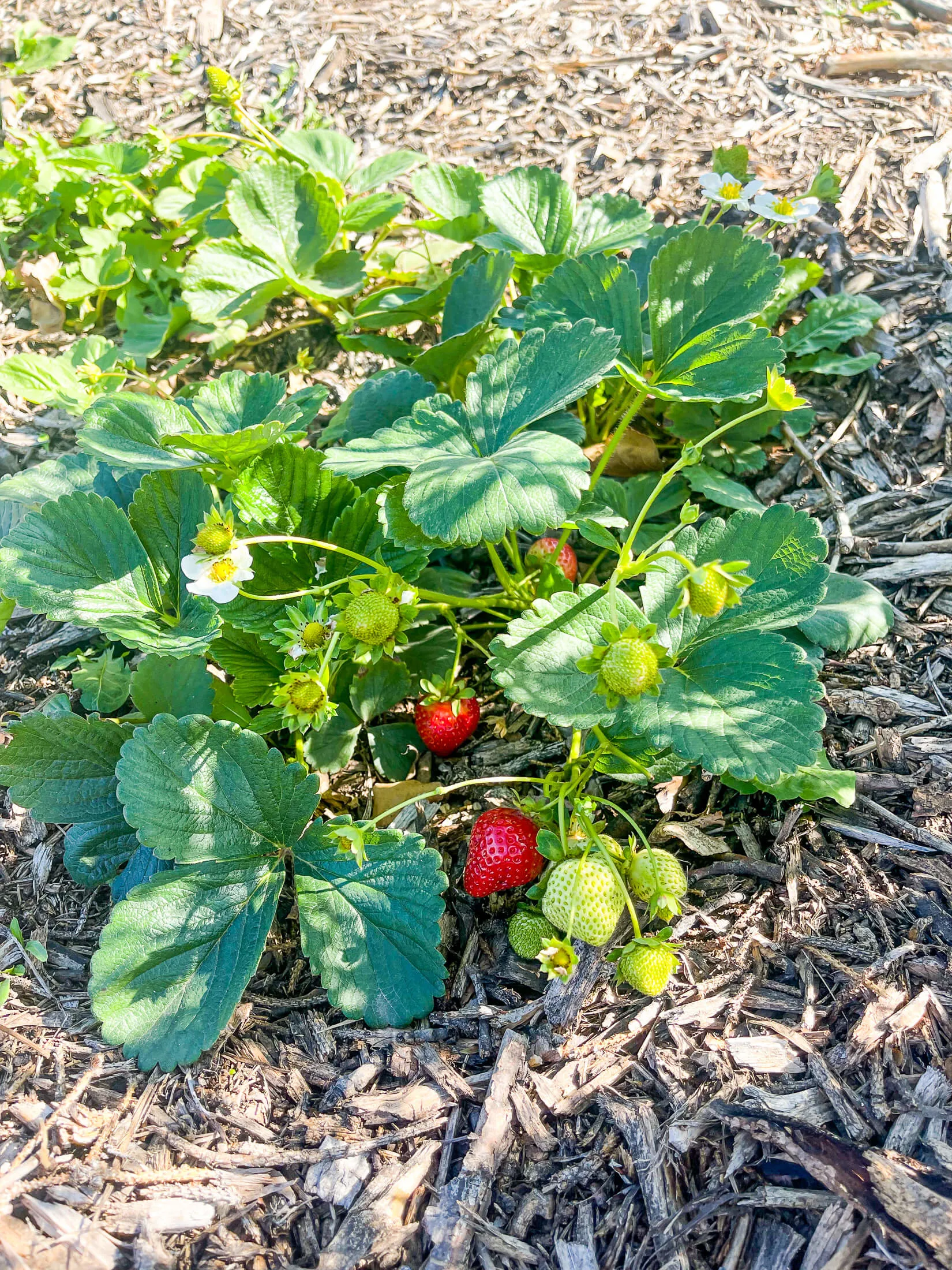
Tomatoes + Peppers:
Pairing two heavy nutrient and water feeders together is often a recipe for disaster, and in this case, that's true. Combining tomato plants, pepper plants, or other members of the nightshade family with your broccoli will likely reduce the yield and vigor for both plants and can deplete fertile soil.
Space these plants out for the best results.
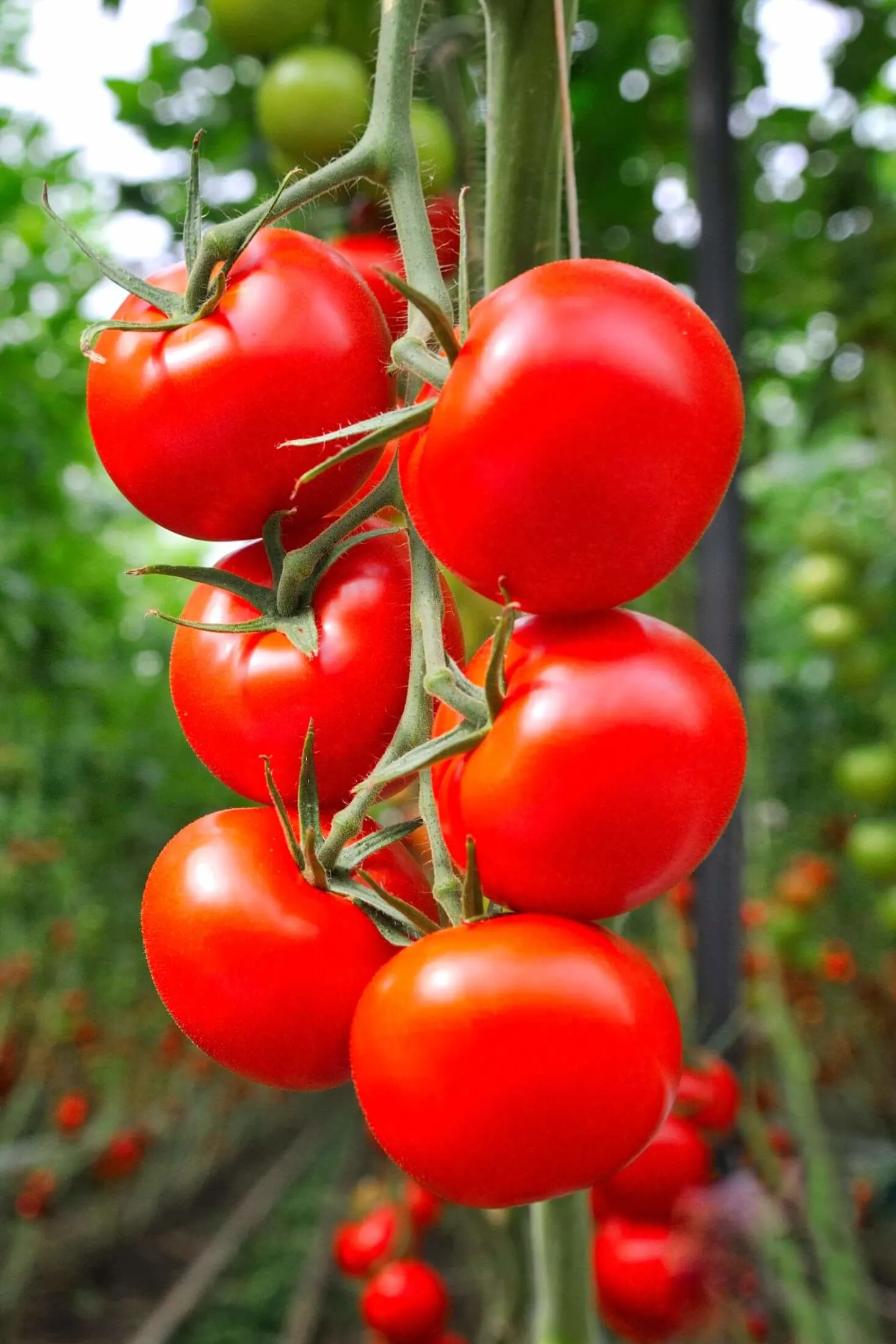
Pumpkins:
Cole crops like broccoli, cabbage, kale, cauliflower, and broccoli can stunt the growth of pumpkins, so it's best to avoid planting them near your pumpkin or squash patch.
Brassicas are nutrient and water-hungry plants and can really uptake a ton of nutrients from the soil during the growing season leaving your pumpkin plant lacking. It's best to keep them in different corners of the boxing ring!
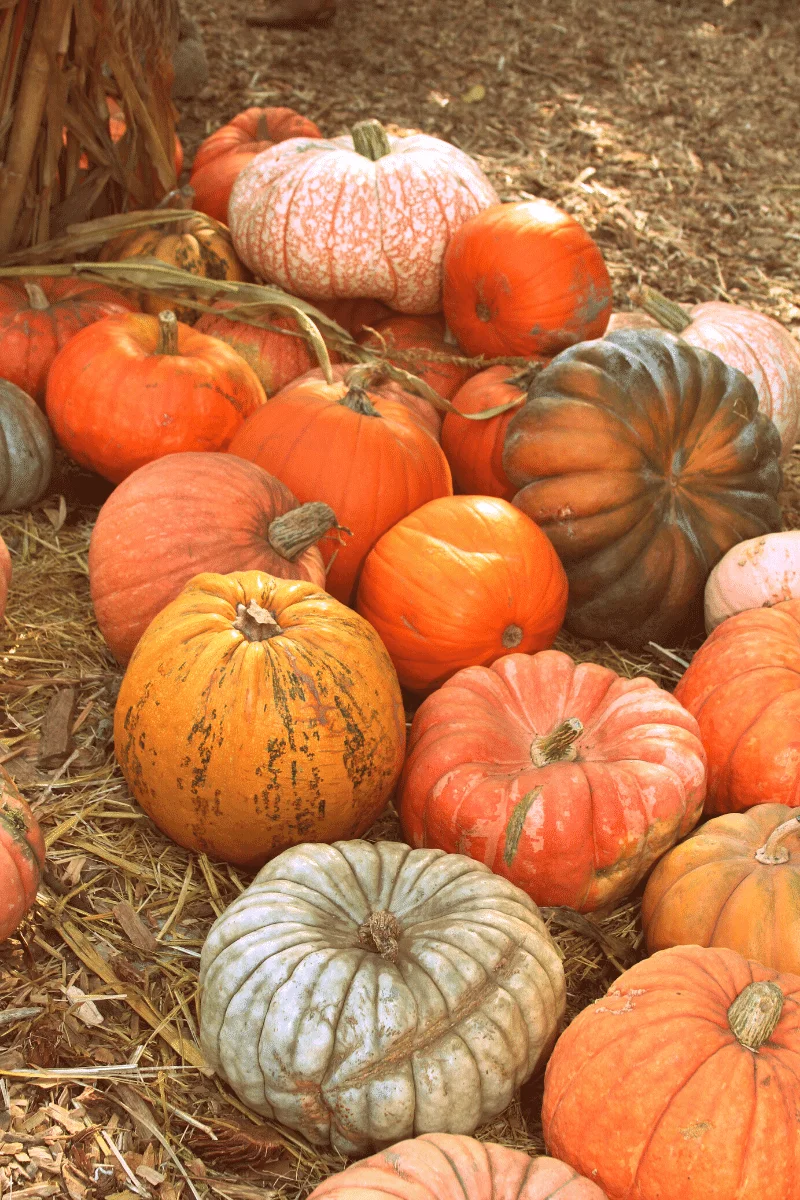
Notes From The Homestead Garden
Companion planting is a great way to maximize garden space and help create a symbiotic relationship between crops. When choosing the best companions for broccoli, make sure to include those low-growing plants that attract beneficial insects and repel pests. Avoid heavy feeders like tomatoes, peppers, pumpkins, or other brassicas to prevent nutrient depletion and competition.
Pin This Broccoli Companion Planting Guide!
